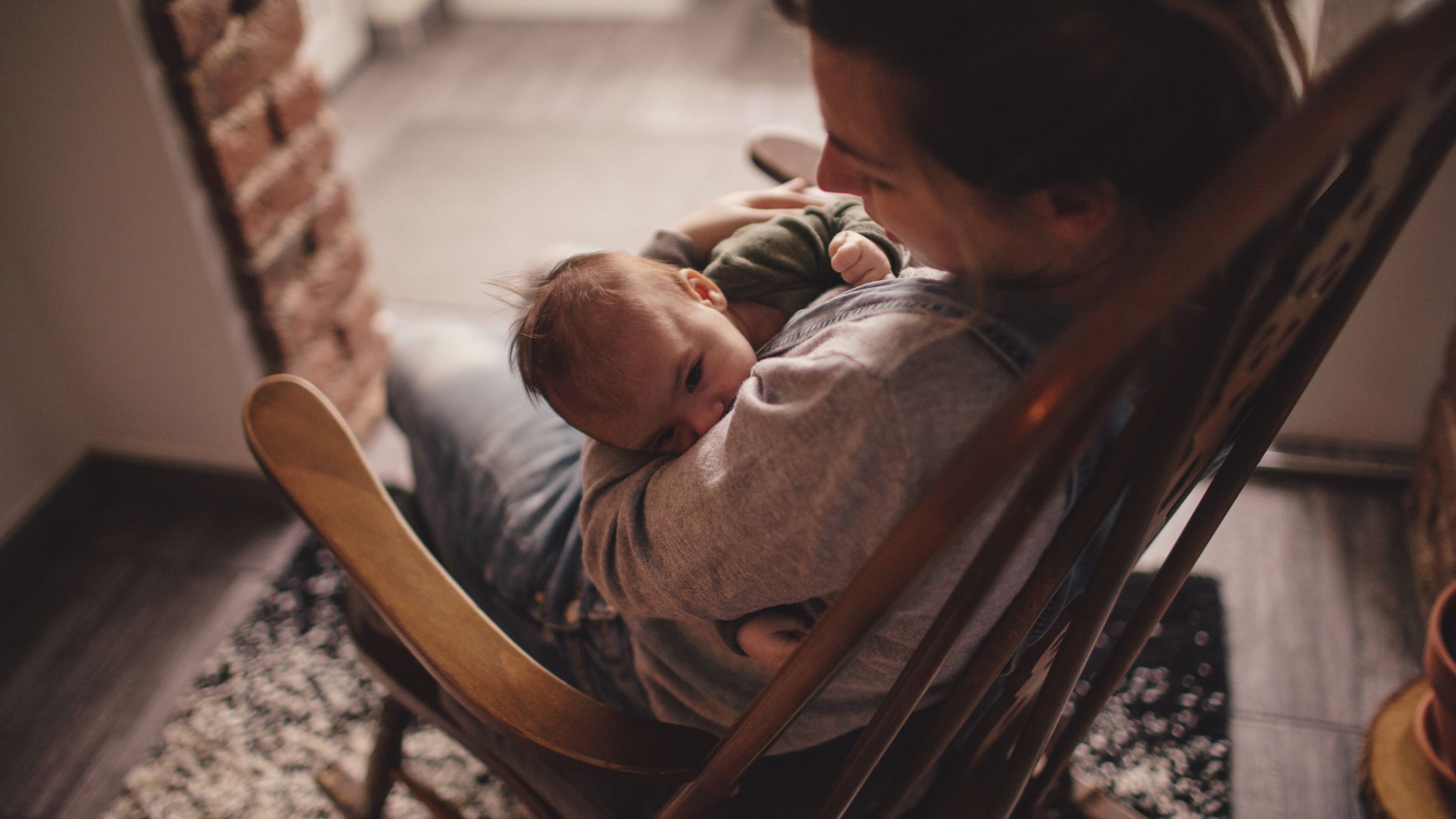
As a baby sleep coach, I know that one thing that consistently proves to be a game-changer for families is the power of a routine, especially when it comes to a baby’s sleep. A consistent baby sleep routines is not just a convenience; it’s a cornerstone of healthy sleep hygiene that can make a profound difference in your baby’s wellness and your household’s harmony. Let’s dive into why routines matter for your baby’s sleep and explore actionable steps to create a calming and effective nap time/bedtime routine.
Why Are Baby Sleep Routines Essential for Babies?
Babies thrive on predictability. Their developing brains crave patterns and signals that help them understand the world around them. A consistent routine provides:
⭐ Security and Comfort: Repeating the same steps each day gives your baby a sense of security. When they know what to expect, they feel safe and cared for, which helps them relax and settle more easily.
⭐ Sleep Associations: Routines help babies associate specific actions or cues with sleep. For example, a warm bath or a soothing lullaby can signal that it’s time to wind down for the night.
⭐ Regulated Sleep Cycles: A consistent routine can help regulate your baby’s circadian rhythm—their internal body clock—making it easier for them to fall asleep and wake up at appropriate times.
⭐ Reduced Resistance: When routines are predictable, there’s less room for negotiation or resistance at bedtime. It becomes a natural and expected part of the day.
The Science Behind Routines and Sleep
Babies and toddlers operate largely on external cues to regulate their sleep-wake cycles. These cues include light exposure, meal times, and—most importantly—consistent routines. Research shows that babies with structured bedtime routines not only fall asleep faster but also experience improved sleep quality and longer durations of rest.
Moreover, routines benefit parents as much as they do babies. Knowing what comes next in your day reduces stress and creates a sense of order in what can otherwise feel like a chaotic time.
Building a Sleep-Friendly Routine
Creating a routine doesn’t have to be complicated. Here’s a step-by-step guide to establishing a sleep-friendly routine for your baby:
✔️ Set a Consistent Bedtime
Choose a bedtime that aligns with your baby’s age and sleep needs. For example, younger babies may require an earlier bedtime, around 6:30-7:30 PM, while older toddlers might be ready closer to 8 PM.
✔️ Create a Calming Pre-Bedtime Environment
Dim the lights about an hour before bedtime to signal that it’s time to wind down. Avoid stimulating activities such as screen time or loud play.
✔️ Follow a Step-by-Step Routine: A typical bedtime routine might include:
Bath Time: A warm bath can help relax your baby’s muscles and prepare their body for sleep.
Pajamas and Diaper Change: Keep the room warm and cozy while dressing them.
Story Time or Lullaby: Read a short book or sing a calming lullaby to signal the end of the day.
Cuddles or Rocking: Offer a few moments of closeness before placing your baby in their crib or bassinet.
✔️ Be Consistent
Repeat the same steps in the same order every night. Consistency is key to creating strong sleep associations.
✔️ Encourage Self-Soothing
Put your baby down while they’re drowsy but awake. This helps them learn to fall asleep independently, which is essential for uninterrupted sleep throughout the night.
Adapting Sleep Routines for Different Ages
Babies grow quickly, and their sleep needs evolve. Here’s how to adjust routines based on your baby’s age:
🌙 0-3 Months: Focus on short, calming rituals like swaddling, gentle rocking, and soft music. This age is about establishing cues rather than a schedule and to help newborns recognize the difference between day & night.
🌙 4-6 Months: Introduce more structured routines as your baby’s circadian rhythm develops.
🌙 6-12 Months: At this stage, babies benefit from predictable nap and bedtime routines. Include interactive elements like a bedtime story.
🌙 12+ Months: Toddlers may enjoy choosing their pajamas or helping pick a bedtime story, which gives them a sense of control and makes the routine more engaging.
Common Challenges and Solutions
Even the best-laid plans can encounter hiccups. Here’s how to navigate some common challenges:
💡Travel or Special Events: Stick to the routine as closely as possible. If routines are disrupted, return to them as soon as you’re back home.
💡Teething or Illness: Comfort your baby as needed, but try to maintain elements of the routine to keep the pattern familiar.
💡Sleep Regressions: Regressions are temporary. Stay consistent with the routine, and your baby’s sleep will likely normalize within a few weeks.
Need Help Establishing Baby Routines?
If you’re feeling overwhelmed or unsure about where to start, you don’t have to navigate this alone. At Baby Sleep Pros, I specialize in helping families establish effective sleep routines and troubleshoot common sleep challenges. Whether you’re dealing with sleep regressions, resistance at bedtime, or creating a routine from scratch – I am here to support you.
My services include personalized guidance, at-home consultations, and virtual support tailored to your family’s unique needs.
Approaching sleep as a foundation for your baby’s wellness, my sleep plans will help you address sleep training fears and use it as empowerment, not punishment.
If you would like to start but are not sure which support is right for you, you may schedule a FREE assessment call via this link: https://babysleeppros.com/free-sleep-training-consultation-washingtondc/
Consistency is the magic ingredient that transforms a chaotic bedtime into a peaceful, predictable part of the day. By establishing and maintaining a calming routine, you’re not just setting your baby up for better sleep—you’re fostering a sense of security and trust that will benefit them for years to come.
Whether you’re starting from scratch or tweaking your current approach, remember that routines don’t have to be perfect. They just have to be consistent. The effort you put into creating these habits today will pay off in happier, healthier, and better-rested days for your whole family.




